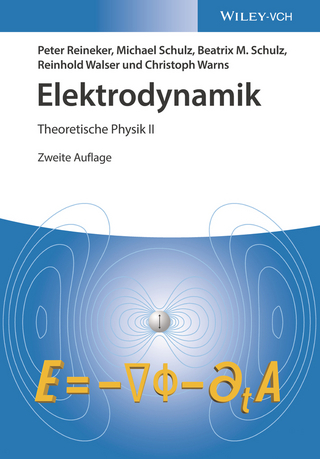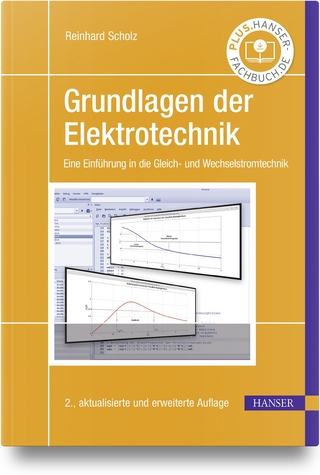
The Science of Radio
Springer-Verlag New York Inc.
978-0-387-95150-8 (ISBN)
The Science of Radio explains the working and charts the development of the ordinary AM radio receiver, which has become an integral part of our lives in the 80 years since its invention. As well as showing the reader the growth of technology in this century, the story of AM radio can provide a unique insight into the basics of electrical engineering, making the primary concepts and applications visual and comprehensible.
Taking a "top down" approach to the subject, Nahin starts with a broad overview of radio as a sociological and technological phenomenon, then describes specific advances in research that made radio possible, moving through deeper levels of technical detail as the story progresses. Readers will see how various concepts and theories are combined to achieve specific practical results. And the book's "just in time" method of introducing mathematical and physical theory only as needed to understand a topic, helps readers gain a firm grasp of often elusive material. By focusing specifically on the workings of AM radio, The Science of Radio offers both a fascinating history of radio as an information and entertainment medium and a practical, applications-oriented introduction to electrical engineering.
This second edition, written the same witty and accessible style as the first, also includes illustrative examples based on the popular MATLAB and Electronics Workbench programs now commonly used in engineering courses, as well as new technical material on differential amplifiers, more end-of-chapters problems, and additional historical discussion.
Section I Mostly History and a Little Math.- 1 Solution to an Old Problem.- 2 Preradio History of Radio Waves.- 3 Antennas as Launchers and Interceptors of Electromagnetic Waves.- 4 Early Radio.- 5 Receiving Spark Transmitter Signals.- 6 Mathematics of AM Sidebands.- 7 First Continuous Waves, Negative Resistance Oscillators and the Van der Pol Equation, and the Heterodyne Concept.- 8 Birth of Electronics.- Section II Mostly Math and a Little History.- 9 Fourier Series and Their Physical Meaning.- 10 Convergence in Energy of the Fourier Series.- 11 Radio Spectrum of a Spark-Gap Transmitter.- 12 Fourier Integral Theorem and the Continuous Spectrum of a Nonperiodic Time Signal.- 13 Physical Meaning of the Fourier Transform.- 14 Impulse “Functions”.- 15 Convolution Theorems, Frequency Shifts, and Causal Time Signals.- Section III Nonlinear Circuits for Multiplication.- 16 Multiplying by Squaring and Filtering.- 17 Squaring and Multiplying with Matched Nonlinearities.- 18 Multiplying by “Sampling and Filtering”.- Section IV Mathematics of “Unmultiplying”.- 19 Synchronous Demodulation and its Problems.- 20 Analytic Signals and Single-Sideband Radio.- 21 Denouement.- 22 Epilogue.- Technical Appendices.- Appendix A Complex Exponentials.- Appendix B What Is (and Is Not) a Linear Time-Invariant System (Superposition).- Appendix C Two-Terminal Components, Kirchhoff’s Circuit Laws, Magnetic Coupling, Complex Impedances, ac Amplitude and Phase Responses, Power, Energy, and Initial Conditions.- Appendix D Thévenin’s and Norton’s Theorems.- Appendix E Resonance in Electrical Circuits.- Appendix F Differential and Operational Amplifiers.
| Zusatzinfo | XLIV, 466 p. |
|---|---|
| Verlagsort | New York, NY |
| Sprache | englisch |
| Maße | 155 x 235 mm |
| Themenwelt | Naturwissenschaften ► Physik / Astronomie ► Elektrodynamik |
| Technik ► Elektrotechnik / Energietechnik | |
| Technik ► Nachrichtentechnik | |
| ISBN-10 | 0-387-95150-4 / 0387951504 |
| ISBN-13 | 978-0-387-95150-8 / 9780387951508 |
| Zustand | Neuware |
| Informationen gemäß Produktsicherheitsverordnung (GPSR) | |
| Haben Sie eine Frage zum Produkt? |
aus dem Bereich


